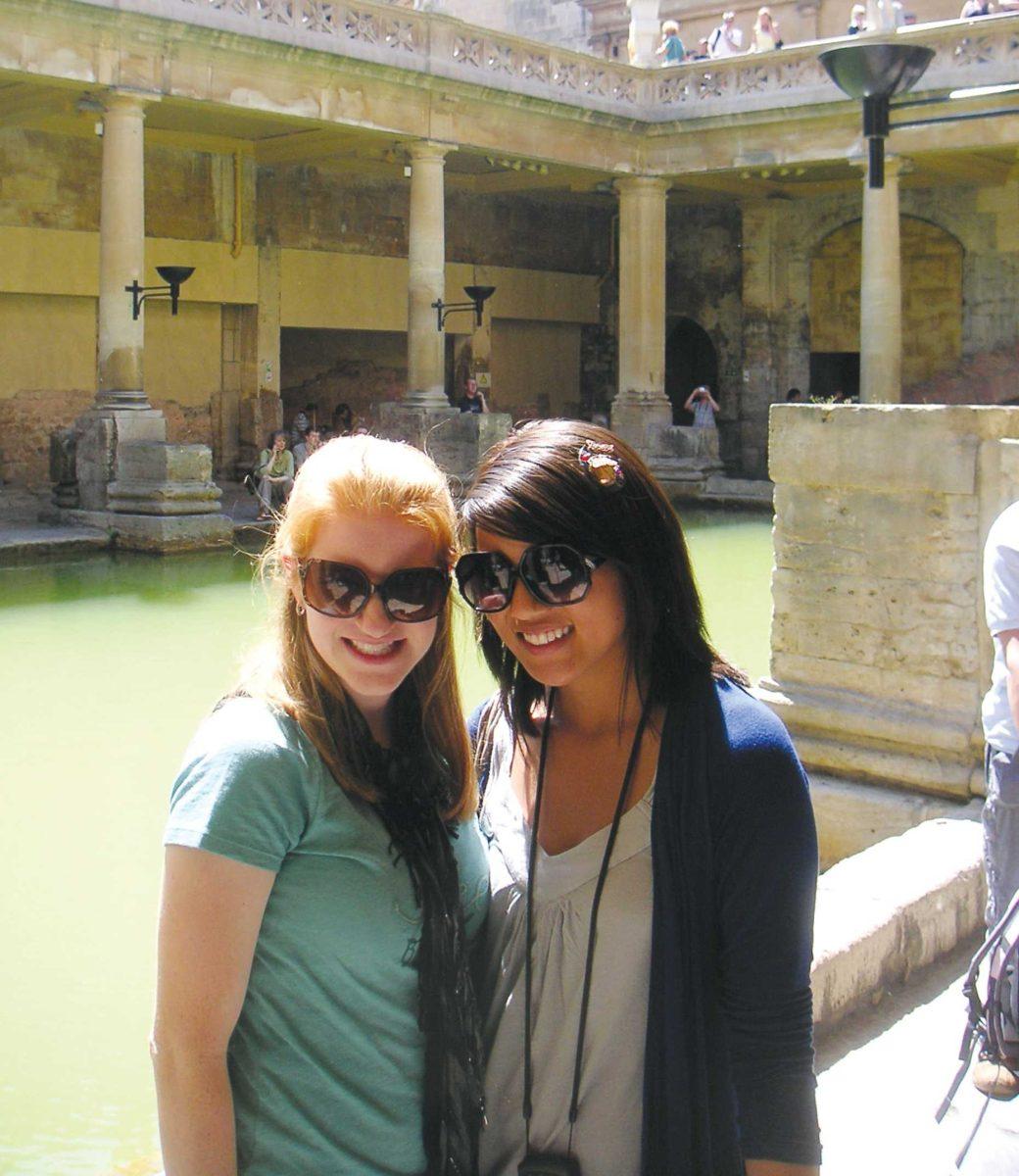Most people seem to have the time of their lives studying abroad in a foreign country, but a recent USA Today article points out that trouble could be lurking around the corner.The article features the tragic story of Jenee Klotz, of Tampa, Fla. who was “robbed, sexually assaulted and stabbed while walking back to her host family’s home” on her semester abroad in Jamaica. The article also mentions how no agency keeps track of health, safety or security incidents on a national level. While no study abroad trip is without some scale of emergency, LSU’s Academic Programs Abroad has assessed the risks and now seems to have a handle on the article’s concerns.”A few years back, we had a student who began to have serious problems with swelling on his legs,” Harold Leder, APA interim director, said in an e-mail. “The director took him to a hospital in Nuremberg to have him checked out, and they found out there that he was suffering from acute kidney failure. It was nothing he had caught in Germany, but rather happened to be diagnosed while we were there. ” Leder said he cannot release the student’s name. Jill Clemmons, Summer Programs coordinator at the University, said this incident happened in summer 2006, before any formal procedure for health, safety and security was adopted by APA. She said the formalized procedure of incident reports and risk management went into affect summer 2007, adding that the acute kidney failure was the worst health incident APA has had since she’s been there.Incident reports for health issues like kidney failure are required to be filed by the director, the student and APA. For disciplinary incidents, Clemmons said directors make a judgment call whether they want to file a report.”Anything that harms a student or the group has to be reported,” Clemmons said. “Hospital and police … we want that reported. “Clemmons said APA follows the study abroad standards set by the National Association of Foreign Student Advisers. NAFSA, SAFETI (Safety Abroad First – Educational Travel Information) and The Forum on Education Abroad have established codes of ethics and standards of good practices for study abroad programs.”The Forum provides guidelines and resources to help institutions to assess risk and adhere to best practices to insure the health, safety and security of their students,” Brian Whelan, The Forum on Education Abroad president and CEO, said in an e-mail. Whelan said the Clery Act requires universities to track incidents that occur at their overseas campuses; however, he said most students study at other institutions abroad, creating a gap. Whelan said the Forum is currently developing a database that will fix this gap and record health, safety and security incidents that occur on education abroad programs. The Institute of International Education provides many statistics regarding both U.S. students studying abroad and foreign students studying in the U.S. But it does not have any statistics for the health, safety or security incidents that occur.”I think the main reason IIE has not tracked health and safety statistics is because the question of how to define health and safety issues would be very cumbersome,” Clemmons said in an e-mail. “What constitutes a health concern? Things like ‘number of claims on the health insurance policy’ can be tracked, but that might or might not include everyone. “Clemmons, who has been with APA since August 2004, said petty theft, such as stolen passports, wallets and luggage, is the main incident University students face while abroad.”We’ve been really lucky,” she said. “In the years I’ve been here, we haven’t had a major [crime incident] issue come up.”Clemmons said two types of faculty participate in the summer programs — the instructors who teach the courses while abroad and the directors who are in charge of running the programs.”They go through a general orientation in the fall [where they] focus on the budget, the flier and marketing the programs,” she said. “During the fall, [the directors] are mainly focused on recruiting students.” The second orientation focuses on record keeping and accounting, and the third orientation is about risk management.”[The risk management orientation] is required before any faculty member can receive their salary,” Clemmons said. “It starts with different things to do to decrease the likelihood of problems on the trip … general guidelines on how to avoid problems as much as possible.”Clemmons said the students are also given risk management guidelines in one of their many orientations. She said students have to sign two waivers, one mainly pertaining to payments and the other pertaining to admission, release of information, eligibility, medical treatment, insurance coverage, indemnification and hold harmless and personal conduct. Clemmons said while studying abroad is overwhelmingly exciting for the student going, it is also overwhelmingly nerve-racking for the parents back at home. As a result, APA provides a 24-hour cell phone service to provide possible connections when necessaryThe directors with each group on the summer abroad programs are key to a smooth trip. The directors register students at the U.S. embassy in the foreign countries, make copies of all the students’ passports and wait in line at the U.S. embassy if passports are stolen, file incident reports to APA, contact the police or hospital and make all the arrangements for the student to get back on his or her feet after an incident.”Even in your hometown, you’re not 100 percent safe,” said Clemmons. “These stories remind us to be safe. These stories do serve to remind people of what can happen out there.”—-Contact Mary Walker Baus at mwbaus@lsureveille.com
University upholds guidelines for safety while studying abroad
July 16, 2009
Rebecca Erwin (left) and Laura Chan (right), mass communication juniors, pose in front of the 2000-year-old Roman baths in Bath, England.









